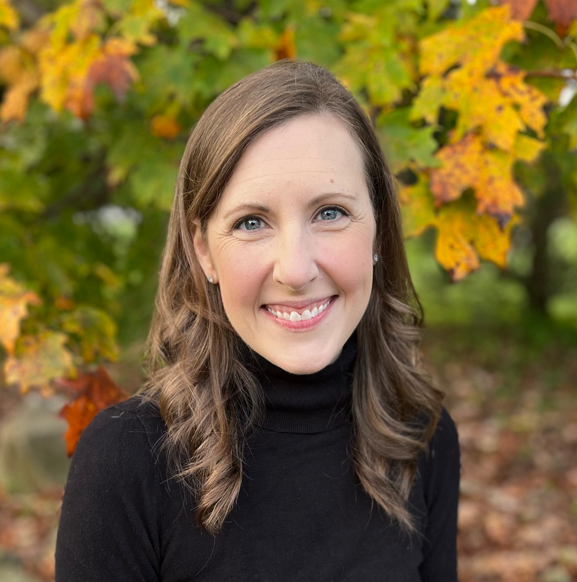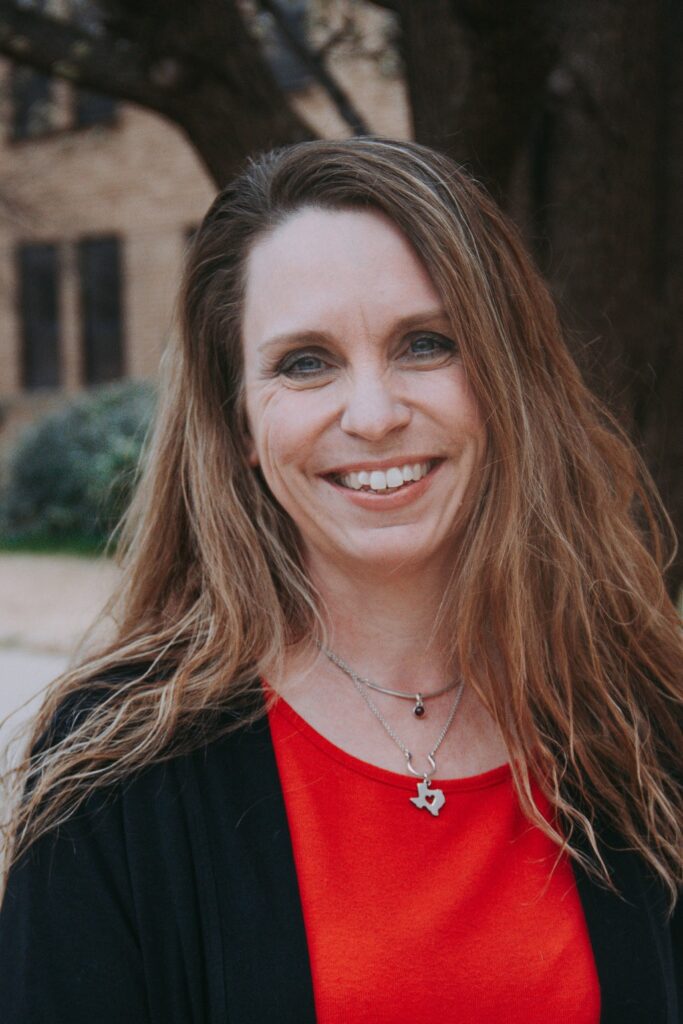 FIRST PLACE – TYLER JAMISON – UNIVERSITY OF NEW HAMPSHIRE
FIRST PLACE – TYLER JAMISON – UNIVERSITY OF NEW HAMPSHIRE
Our judging panel was impressed with how Dr. Tyler Jamison, an associate professor of human development and family studies at the University of New Hampshire, developed the Tell a Story About Love project for her Intimate Relationships and Families course. This program introduces undergraduate students to qualitative research by having them facilitate a conversation between two individuals in a romantic relationship. Students complete a formal consent process, introduce the prompt, “Tell me a story about a time you felt love by me,” and then step back while the couple shares.
Students are evaluated on their ability to follow the research protocol, submit a transcript and recording, and reflect meaningfully on what they learned. In their written reflections about the project, many describe the emotional power of observing vulnerability and love between the participants, as well as the challenge of creating space for authentic conversation. Students consistently recognize the professional value of facilitating dialogue, and many express pride in completing a formal research task.
To build on this learning, Dr. Jamison invites students to join her research team to help process and code data collected by their classmates. Over the past three years, 25 undergraduates have completed training and contributed to transcript cleaning, coding, and analysis. This integrated model of coursework and collaborative scholarship enhances student engagement, supports, mentorship, and contributes to Family Science research.
With this innovation, Dr. Jamison is introducing future professionals to qualitative research in a way that both sparks curiosity and equips them with the knowledge and skillsets they need to become competent and compassionate researchers.
Tyler Jamison, Ph.D. is an associate professor at the University of New Hampshire’s Department of Human Development and Family Studies. Her research focuses on romantic development—the process by which individuals build the capacity to form and maintain the types of relationships they desire through interactions with family, peers, friends, and romantic partners. She specializes in emerging adulthood, a developmental stage when people begin to establish lasting patterns and make critical decisions about their romantic lives. Her recent work explores teen dating violence and prevention or intervention strategies to disrupt unhealthy relationship patterns.
Dr. Jamison is a qualitative family scholar and educator who collaborates with a multi-disciplinary team of colleagues and undergraduate students. Her methodological expertise has been featured in academic books, webinars, and invited presentations. She is also actively engaged in public scholarship through her blog Assembly Required on Psychology Today, as Co-editor of the Digital Scholarship Board for the Journal of Family Theory and Review, and through her leadership with Relevate, a team that creates accessible research-based resources for the public.




